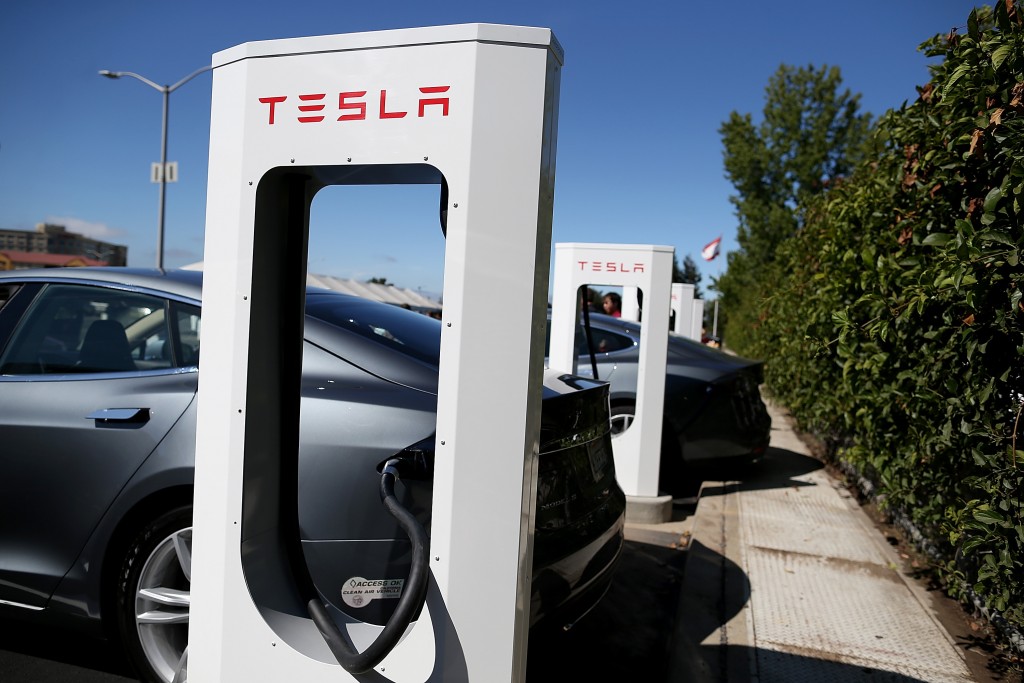Louisiana’s coastline is getting washed out to sea and a lawsuit designed to make oil and gas companies pay for the damage now rages. Some believe a creative financing solution – that involves federal, state and private funding – is needed to foot the more than $50 billion dollar bill over 50 years. “Companies will… Keep reading →
Nissan
Sign up and get Breaking Energy news in your inbox.
We will never sell or share your information without your consent. See our privacy policy.Energy News Roundup: Louisiana Coastline Litigation, Nissan Electric Minivan and Sungevity Expands Into Europe
By Jared Anderson
GM’s recent decision to suspend production of its Chevy Volt plug-in hybrid may either be the latest indication that America isn’t ready for electric vehicles, or a distraction along the road to growing public acceptance of a new kind of automobile.
Partisans on both sides of the EV debate are adamant in their interpretation of the latest hiatus in output of the vehicle that is vilified by some as too expensive and impractical to ever be more than a plaything of well-heeled tree-huggers, while being praised by others as an early but hopeful step toward a post-gasoline transportation economy. Keep reading →

How a quest for a ten-fold improvement in batteries promises to make electric vehicles deliver on their remarkable potential.
The din that accompanied the birth of modern electric vehicles has quieted, despite a steady parade of new models and the ascent of gas prices to worrisome highs. The relative quiet is good news though, a sign that electric vehicles (EVs) are entering a critical period when the technology must evolve from exotic to everyday. Keep reading →

In labs around the globe, scientists are working on radical technologies, from 500-mile car batteries to solar space farms. The holy grail in the electric-car world is beating range anxiety: the fear you’ll run out of juice in the middle of nowhere. Today’s electrics, like the Nissan Leaf, have a range of about 100 miles, but scientists at IBM are in hot pursuit of a better technology. In the 1990s researchers hypothesized that they could create energy by combining lithium with oxygen, making what is now referred to as a lithium-air battery. Today IBM and some 50 other labs globally are working on versions that would let an electric car go 500 miles a charge — a potential game changer for models like BMW’s i3 concept vehicle. This article is a linkout.

The United Nations Climate Change conference in Durban, South Africa this year will shuttle its delegates to and from the conference in electric vehicles.
“We’re here to demonstrate that zero-emission vehicles are a real and affordable solution for reducing CO2 emissions,” Mia Nelson, of the Renault-Nissan Alliance, says in this video. “These cars are also extremely easy to use and extremely easy to recharge. In fact, with an EV you will never need to go to a gasoline station ever again. You can simply recharge from the comfort of your own home.” Keep reading →




Opinion: Low Oil Prices Need not Slow Electric Cars
By Peter Lehner and Yossie HollanderThe sudden decline in oil price has prompted some analysts to predict bad days ahead for electric and other fuel-efficient cars. While the price of oil may be low today, history teaches us that it will rise again. The true cost of our oil dependence remains high. Oil pollutes our air and water, is dangerously… Keep reading →